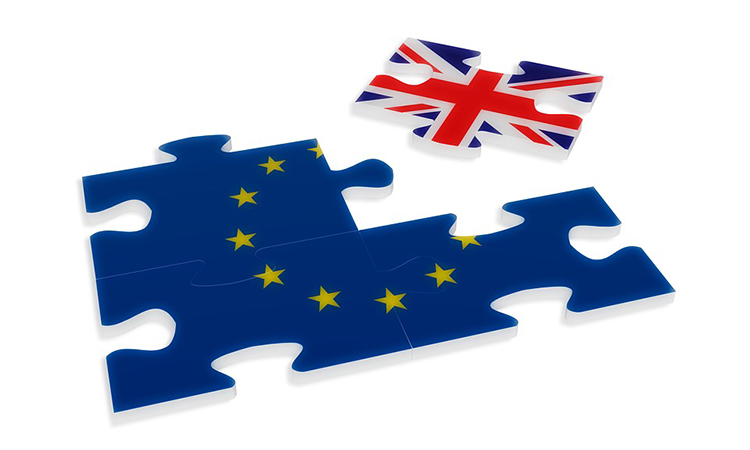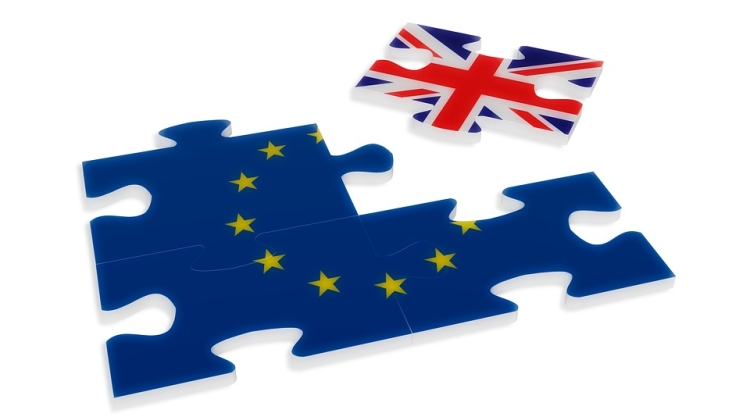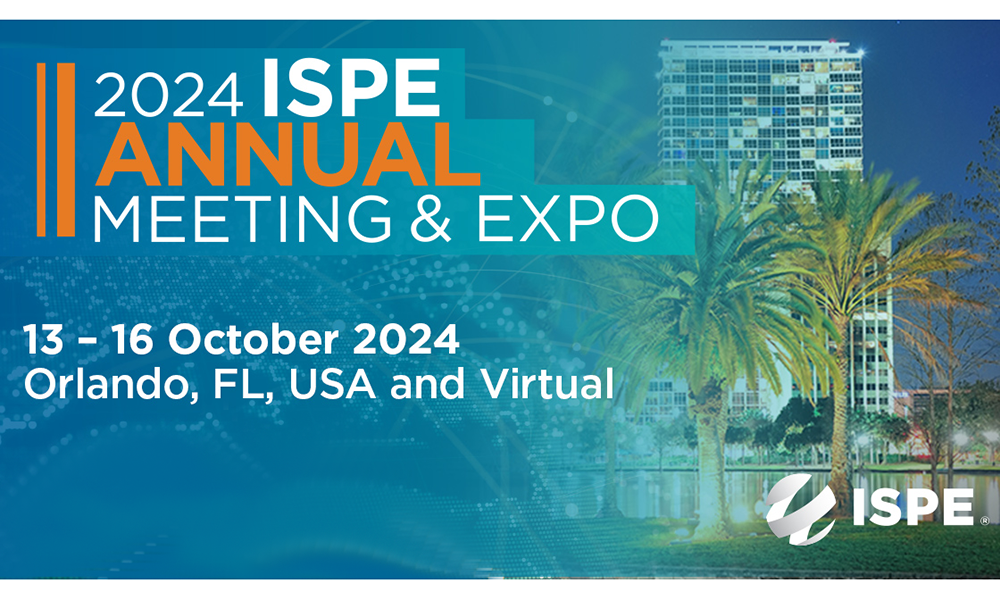Intrastat reporting
The UK's HMRC is no longer expecting monthly Intrastat declarations for the export of goods from GB to EU from 2021. However, movements between NI and EU will require Intrastat and imports from EU to GB.
Free Trade Agreements (FTA)
In terms of duties and taxes, the UK has negotiated several and separate free trade agreements with the EU and non-EU Countries that mostly mirror the benefits the UK had prior to Brexit e.g. the Trade and Cooperation Agreement (TCA) signed on 30 DEC 2020 by the EU and the UK. The Trade and Cooperation Agreement agreement has agreed to 100% tariff removal. This means that products originating in the UK or EU will benefit from zero duties when the Exporter / Importer proves origin from this area which covers goods whether wholly obtained or sufficiently worked/processed in either region/country.
Although vaccines, principles, medicines, and other chapter 30 HTS codes will still benefit from no tariff, country-based VAT is still applicable (for example, Germany 19%, Italy 22%, Greece 24% etc.) and needs to be accounted for when imported to the UK or to the EU. There are reduced rates for certain products, but this information needs to be checked in each case per country.
The importation of Investigational Medicinal Products (IMP), Qualified Person (QP) release, and Regulatory Compliance will be discussed in Part 3 of this Blog.
Acknowledgments
The authoring team would like to thank ISPE Investigational Products Steering Committee for reviewing the blog and providing input.
The authoring team would like to thank ISPE Investigational Products Steering Committee for reviewing the blog and providing input.
Related Article

The United Kingdom (UK) (England, Northern Ireland, Scotland and Whales) is no longer part of the European Union (EU) Customs Union. Simply put, it means movement of goods between the UK and the EU are now to be an import and export trade transaction. Multiple industries have been impacted, including healthcare.
Learn More

The main change can be seen on the imports of IMPs from EU/EEA to Great Britain starting 01 January 2022. Sponsors of United Kingdom Clinical trials will need to appoint a United Kingdom Manufacture & Importation Authorization (MIA) (IMP) holder who will be responsible for implementing an oversight process to confirm each batch has been certified by a Qualified Person before its release to the Sites. EU/EEA Qualified Person released batches will not need recertification in Great Britain if the oversight process is in place and detailed in the Clinical Trial Approval.
Learn More







